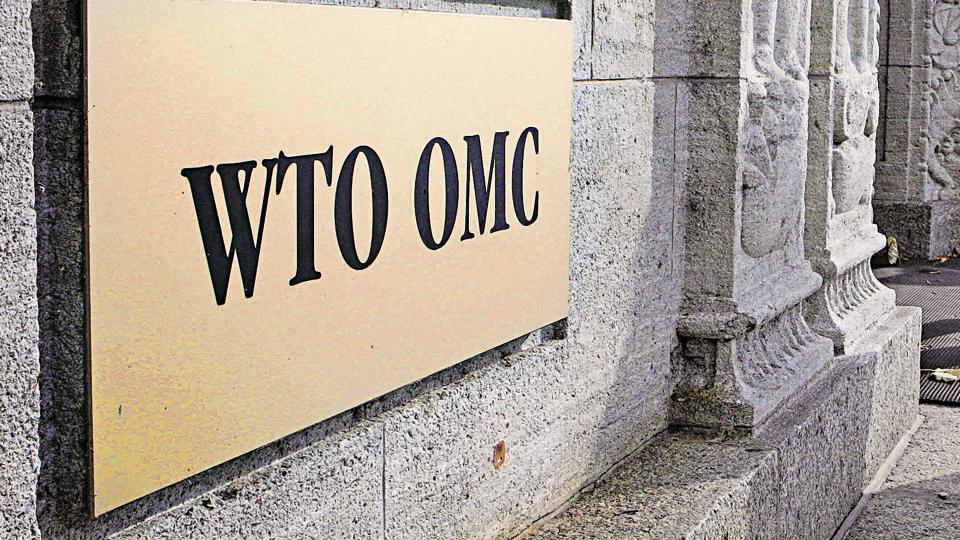Relevant for prelims and Gs paper 3
India has been urging WTO members to identify common spheres to make the multilateral trade body more uniformly effective in tackling its share of challenges. Several countries, including China and South Africa, have in the recent past questioned the WTO’s relevance.
New Delhi (Sputnik): India’s demand to amend laws to prevent developed countries from taking unilateral action on global trade issues to the detriment or disadvantage of lesser developed or underdeveloped countries within the WTO system is fully justified, Manoj Pant, a foreign trade analyst in New Delhi, told Sputnik.
Responding to India’s proposal to safeguard the right of special provisions for developing countries, already challenged by the US, a New Delhi-based economist and director of the Indian Institute of Foreign Trade (IIFT), Professor Manoj Pant, said that all developing or underdeveloped countries have a right to receive special and differential treatment (S & DT).
He said they should be given time to implement bilateral and multilateral trade agreements and commitments.
The observation assumes significance against the backdrop of India hosting representatives of 25 developing countries at a two-day mini-ministerial meeting between 13 —14 May in the national capital New Delhi. The meet will involve deliberations on several issues related to the World Trade Organisation (WTO).
It will be the second such mini-ministerial meet to be held by India. The first was organised in March 2018 and participated in by over 50 nations to resolve various WTO-related issues and ways to reinvigorate the Geneva-based inter-governmental global trading institution, according to The Hindu Business Line news website.
Stating that S & DT was brought in way back during the Uruguay Round (of WTO talks), Professor Pant said: “S & DT must be continued because that is the only way countries can and must adjust. Special and differential treatment has been given or allowed as a kind of safety to allow countries to adjust to changing disciplines… It is a kind of credit adjustment”.
India has been appealing to WTO members to identify common areas through which the multilateral trade body can be strengthened and made more uniformly effective in dealing with challenges faced by it, especially after the Buenos Aires ministerial meet of December 2017 ended in a deadlock on a number of issues.
Several countries, including China and South Africa, have in the recent past questioned the relevance of the WTO in the context of ensuring a level-playing field in global trade. Many countries have been taking protectionist measures that have had a significant impact on global trade.
The Indian proposal is reportedly focused on S & DT measures that allow for longer time-periods to implement agreements and commitments, adequate measures to increase trading opportunities, introduction of provisions to safeguard trade interests, and build sufficient capacity to handle disputes and implement technical standards.
China and South Africa have reportedly expressed keen interest in India’s proposal to safeguard the right of special provisions for developing countries, which the US is not in favour of.
Washington believes countries that are members of the OECD (Organisation for Economic Cooperation and Development) or the G20 (Group of 20) and are classified as “high income” by the World Bank, and account for more than 0.5 percent of global merchandise trade, should not be given special rights or exemptions. It views these countries as emerging economies.
The 14th G20 Summit to be held in the Japanese city of Osaka from 26 —29 June may witness India taking a strident stand against countries wanting to initiate new or amended global rules in e-commerce. Whatever the outcome of the G20 talks, the impact could be felt at the next round of the WTO talks.
“We want to have development through S & DT, as the core of WTO reform, along with appellate body appointments. We will also discuss ways to address asymmetries in various global trade agreements especially on agriculture”, the Economic Times quoted an official as saying.


